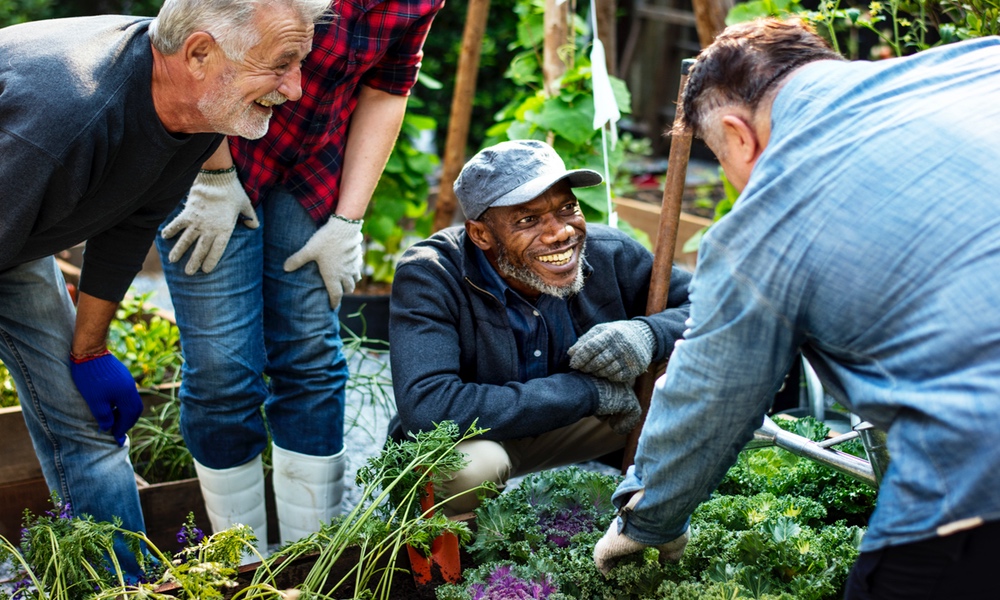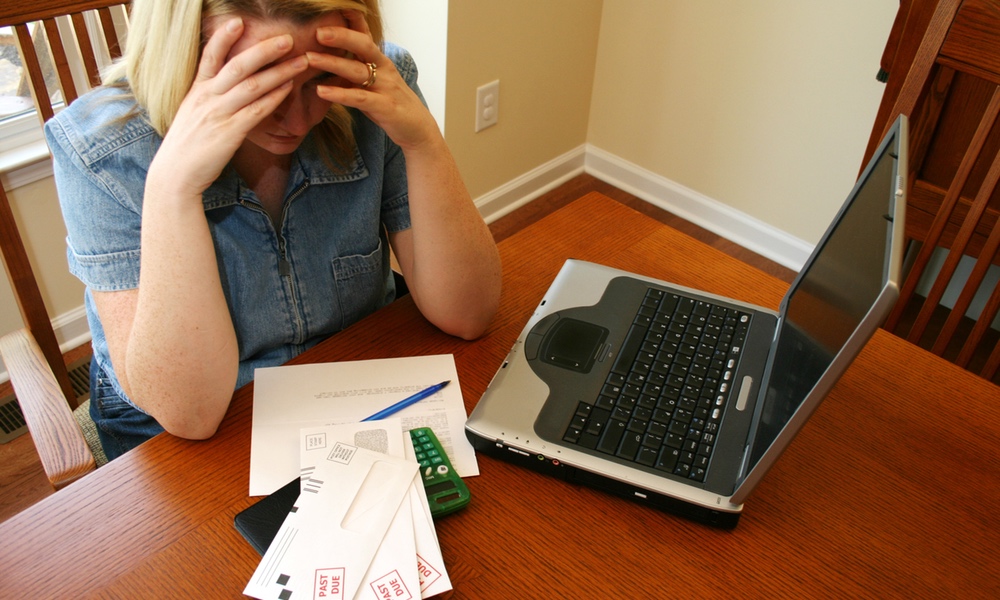If you've been feeling isolated, ironically, you are not alone. The good news is that there is a fairly simple way to reduce feelings of loneliness: Make it a point to go out and do something face-to-face with other people.
Social media connections and Facetime and Zoom calls aren't enough, a new study shows. It's attending live, in-person events, especially those that invite participation that can significantly boost a sense of social connection, researchers from the University of Georgia and Brigham Young University found. That could mean anything from a local concert to a fitness class to volunteering at a community event.
“This research underscores a fairly simple, but I think, powerful takeaway: if you want to feel more socially connected, go to events that are in-person, that encourage participation, and that you can attend with others, especially if they're recurring,” lead author Richard Slatcher said in a media release.
Slatcher, along with Julianne Holt-Lunstad, a professor of psychology and neuroscience at Brigham Young University, surveyed more than 1,500 people. Participants shared their experiences before and after attending a wide range of live events. What researchers reported was consistent — the more interactive the event, the more connected people felt.Attending in-person events, especially those inviting participation — joining a cooking class, community garden or playing pickleball — can boost your sense of social connection.
Why do live events matter so much? We've long known that social isolation and loneliness can harm both physical and mental health. But the pandemic magnified the problem, and in 2023, the U.S. Surgeon General declared loneliness a public health epidemic. The new research offers some welcome news and actionable advice.
“Our most striking finding was that active participation — where people are encouraged to interact rather than passively observe — was the strongest predictor of feeling socially connected during an event,” said Slatcher, the Gail M. Williamson Distinguished Professor of Psychology at the University of Georgia. “This kind of engagement, even more than simply being in a crowd, appeared to foster a meaningful sense of connection.”
Think about it: Sitting quietly in a movie theater doesn't offer the same social boost as joining a community cooking class or gardening or participating in a volunteer project. In other words, interaction beats observation.
The study identified the types of events that are especially good for fostering social connection. Ideally, they should be:While the feel-good connection boost of in-person socializing is real, it's also fleeting. That means making regular outings part of your routine is essential to maintaining that sense of belonging.
- In-person and not virtual
- Interactive rather than passive
- Recurring every month or few weeks rather than a one-off
- Shared with others (going with a friend or group)
And while the feel-good boost of connecting with others is real, it's also fleeting, lasting less than 24 hours. That means making regular outings part of your routine is essential to maintaining that sense of belonging. Book clubs, group hikes, birdwatching, taking classes, card games or pickleball play are some examples.
These findings aren't just helpful for individuals looking to combat loneliness. Event organizers, from fitness instructors to human resource teams, can apply this science to better design gatherings that truly bring folks together.
“To encourage active participation and engagement with others at the event, minimize elements that are passive and build elements that allow time for conversation, hands-on activities, or give each participant a responsibility,” Holt-Lunstad urges.
So, what's the lesson learned? If your calendar has been bare and your spirits low, schedule some people-powered plans. Regular, interactive, real-life events might just be the best prescription you didn't know you needed.
It won't take a major life overhaul, just a few small, intentional steps: Sign up, show up, speak up. Your sense of connection may be just one event away.
The study is published in Social, Psychological and Personality Science.





